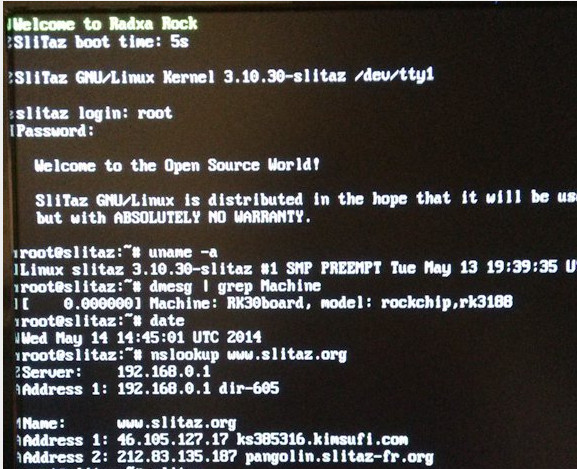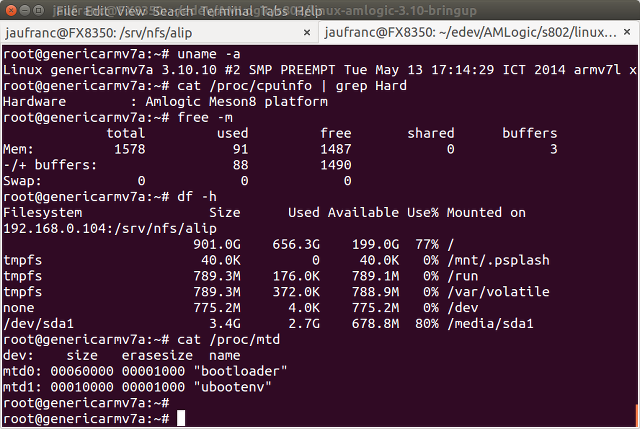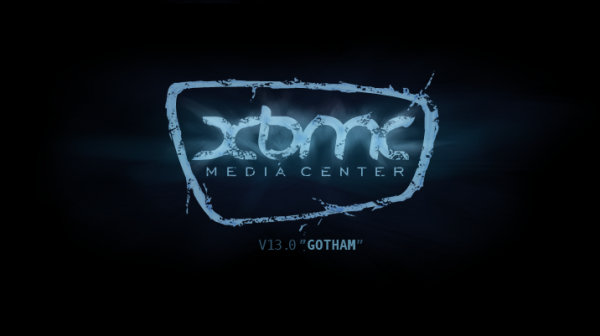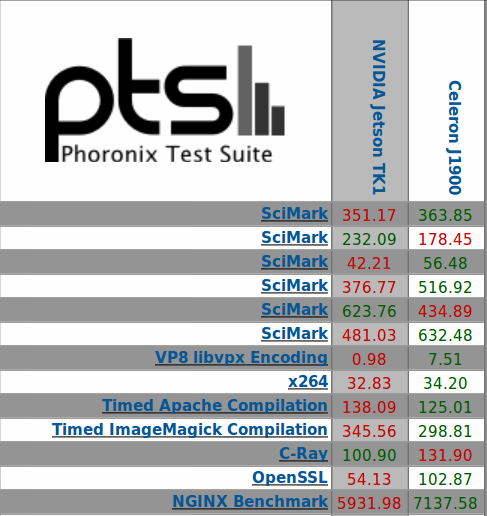Linaro 14.05 has been released with Linux Kernel 3.15-rc5 (baseline), Linux Kernel 3.10.40 (LSK), Android 4.4.2, and Ubuntu has been switched from Saucy to Trusty. More work has been done on big.LITTLE processing and ARMv8 support with notably completing bootstrapping with Debian 64-bit. New hardware platform have started to pop-up such as TI J6-Vayu which must be an evaluation board for Texas Instruments Jacinto 6 dual core Cortex A15 SoC for automotive application, as well as IFC6410, a Snapdragon 600 development board which got a Ubuntu LEB image. This month also marks the first release of Linaro GCC 4.9 toolchain. Here are the highlights of this release: Linux Linaro 3.15-rc5-2014.05 new Android topic (linaro-android-3.15-experimental) uses the resent AOSP code base GATOR version 5.18 (same version as in 2014.04) uprobes topic removed as all patches have been accepted into mainline updated big-LITTLE-pmu topic from ARM LT updated basic Capri board support […]
How to Upgrade Firmware for Rockchip RK3066, RK3188, RK3328, RK3288, RK3399 Devices with the Command Line in Linux
Previously I wrote an article entitled “How to Flash Rockchip RK3066 / RK3188 Firmware in Linux” explaining how to use a graphical tool called RkFlashKit to upgrade firmware on Rockchip devices using a Linux computer. This tool had some limitations, and it would just have a subset of features of RkAndroidTool (Windows), and it was not possible to flash “update.img” type of firmware which are often provided and flashed with RkBatchTool in Windows. Luckily there’s now a command line tool called upgrade_tool that allows you to flash the “update.img” firmware files directly from Linux. I’ve already shown how to use it with Radxa Rock, but it’s buried with other instructions, so I’ve decided to make a separate post. This has been tested in Ubuntu 14.04 with Radxa Rock (RK3188) and Measy U2C (RK3066). Ready? Let’s start by downloading and extracting upgrade_tool. You may want to add the installation path to […]
ARM Cortex A15/A17 SoCs Comparison – Nvidia Tegra K1 vs Samsung Exynos 5422 vs Rockchip RK3288 vs AllWinner A80
We’re now starting to get quite a few players with ARM Cortex A15 cores on the market, as well as some with ARM Cortex A17. So a comparison table of different quad and octa SoCs might be a useful thing to do. I’ve put aside SoCs such as HiSilicon K3V3, and OMAP5, and focused on the four latest processors: Nvidia Tegra K1 (32-bit), Samsung Exynos 5422, Rockchip RK3288 and AllWinner A80. I haven’t included Mediatek MT6595 and Qualcomm SnapDragon 805, because the two companies mainly focus on smartphones and tablets (although it appears to be slowly changing for Qualcomm), documentation is usually difficult or impossible to find, and in the case of Qualcomm they use their own ARMv7 Krait cores. I’ve highlighted some features in green, in case a particular SoC appears to have an edge. Rockchip RK3288 AllWinner A80 Nvidia Tegra K1 Samsung Exynos 5422 CPU 4x ARM Cortex-A17 […]
Ubuntu 14.04 and Slitaz on Radxa Rock
Various Android and Linux images are available on Radxa Rock download page, but if you’d like to get newer images or other options, two developers have provided binaries and posted instructions to get Ubuntu 14.04 and Slitaz operating systems, the later currently booting with Linux kernel 3.10. Naoki FUKAUMI has published a miniroot how-to install a Ubuntu 14.04 Core (minimal headless installation) on Radxa Rock and Radxa Rock Lite. Installation should be relatively easy as he provide the update.img for both board so your can use the usual method in Windows (RkBatchTool) or upgrade_tool in Linux. If you don’t have serial console, you’ll have need to flash the parameter file requiring RkAndroidTool in Windows, and the same upgrade_tool in Linux. If once the installation and configuration is complete, you want a desktop environment,you can always run “apt-get install lubuntu-desktop” to install LXDE. SliTaz is a lightweight Linux distribution. I previously […]
How to Boot a Headless Linux Image on Amlogic S802 TV Boxes (Tronsmart Vega S89 Elite)
As some of you already know, I’ve been playing around with Tronsmart Vega S89 Elite, an Android TV Box powered by Amlogic S802 quad-core ARM Cortex A9r4 processor at 2 GHz. Today, I’ll show how to boot a headless Linux image on any Amlogic-based S802 TV Box from the network. The instructions can mainly be used as a starting point for developers, as it requires access to a serial terminal via UART, but if you’ve never done it before, the instructions should be easy enough to follow. Everything is loaded from the network, the kernel (via boot.img) is loaded via TFTP, and the rootfs (Linaro ALIP image) is mounted via NFS, so it’s nearly impossible to brick your device using the method provided. Linaro ALIP rootfs comes with LXDE, but at this stage, the desktop environment is not showing, even though my HDMI TV is properly detected by the drivers. […]
How to Extract a Device Tree File from Android Firmware Files
Up to now, all our cheap Android devices were based on older Linux kernel (3.0.x, 3.4.x) that still used board files (arch/arm/board, but we’ve recently seen companies like Amlogic and Rockchip release source code with Linux kernel 3.10.x. One of the key differences between these version are the move from board files to flattened device tree and multi-platform support. If it is fully implemented, a single kernel image should be able to boot multiple hardware platforms, and all low level configuration handled by the device tree file. Since I’ve connected the serial port of Tronsmart Vega S89 for debugging, and it’s a slow news day, I thought I might try to boot the Linux kernel I compiled myself, but one of the challenge was to get the device tree file. I’ll show how to extract it from the firmware. It should also be possible to get it directly from the […]
XBMC 13 “Gotham” Released
After month of development, alpha releases, beta releases, RC releases, XBMC 13 “Gotham” is finally out. This is the first official release that supports hardware video decoding for ARM and x86 based Android 4.0+ devices. Support is not available for 100% of devices, as for instance, AllWinner A1X/A20 and Amlogic SoCs do not support the standard Android StrageFright or MediaCodec APIs, but most others should. There’s one XBMC Android version for ARM, one for x86. Android hardware video decoding is obviously not the only feature or improvement brought about by XBMC 13. Here are the key ones: Raspberry Pi and Android speed improvements – Overall system performance improvements, but optimizations are said to be particularly noticeable when opening and browsing libraries, loading images and starting videos. Stereoscopic 3D Rendering – SBS, TAB, anaglyph, and interlaced are supported. XBMC cannot yet support 3D blurays and cannot provide hardware acceleration for FullSBS/TAB […]
Nvidia Tegra K1 CPU/FPU Performance is Comparable to Intel Celeron “Bay Trail-D” J1900 SoC
Nvidia Jetson TK1 development board powered by Nvidia Tegra K1 quad core ARM Cortex A15 processor and a 192-core Kepler GPU has started shipping, and some people have already received theirs, including Michael Larabel (Phoronix) who ran some benchmarks on the board that comes pre-loaded with Ubuntu 14.04 LTS. We already had some benchmarks comparing Tegra K1 to ARM peers on Android, but it’s the first time Linux benchmarks are available. The benchmarks seems to only involve CPU and FPU, and probably not the GPU at this point, but the results are still interesting, and Michael also pointed links comparing Nvidia Tegra K1 development board performance to some Intel Core i5 based PCs, as well as a platform based on an Intel Celeron J1900, a quad core processor part of Bay Trail Desktop family. The later is most interesting as we compare systems with similar power requirements. Nvidia Tegra K1 […]








